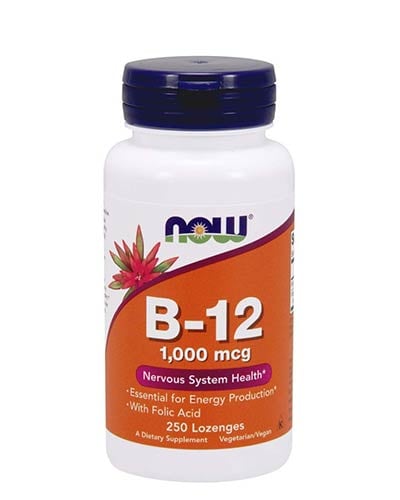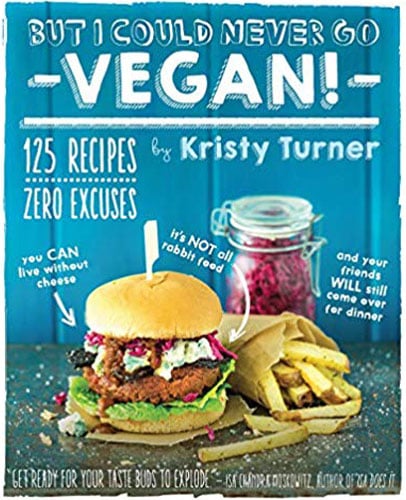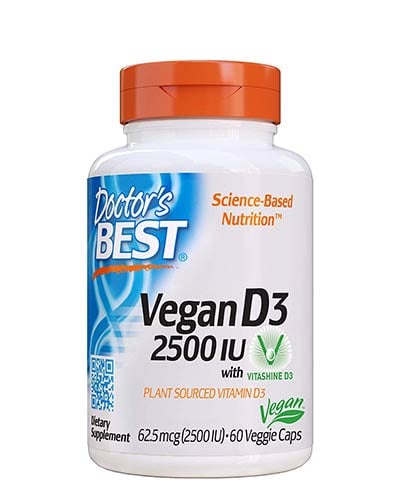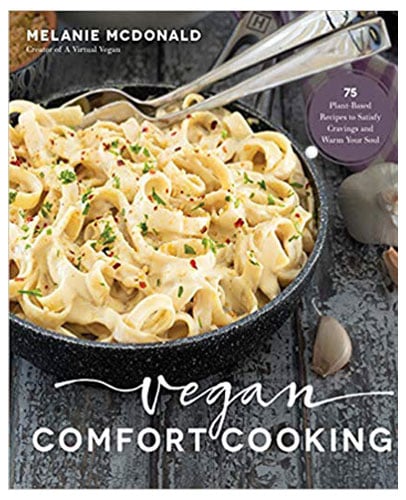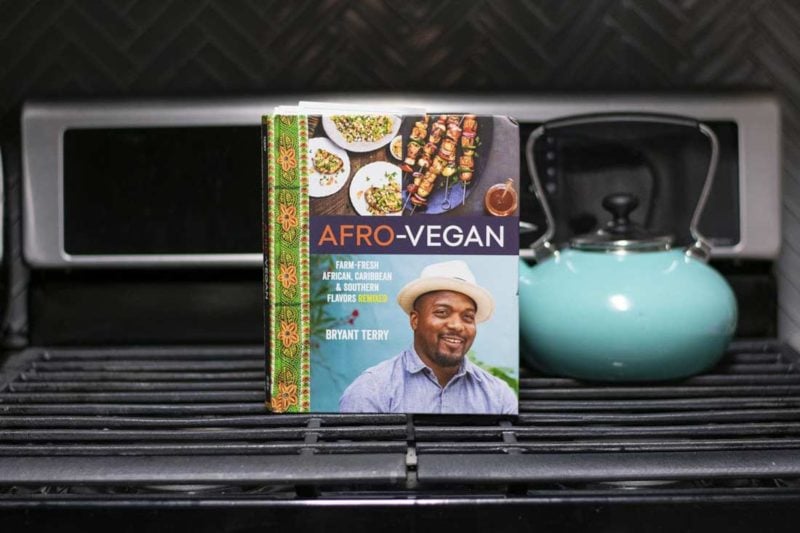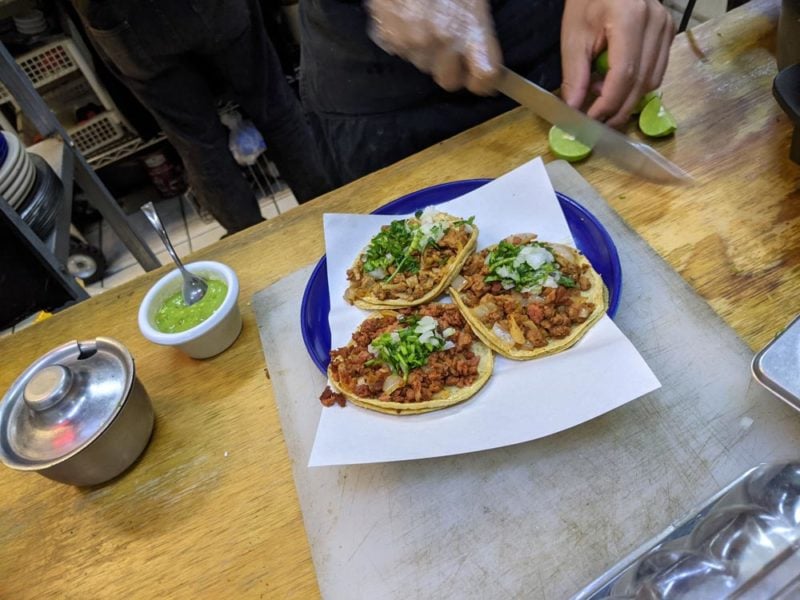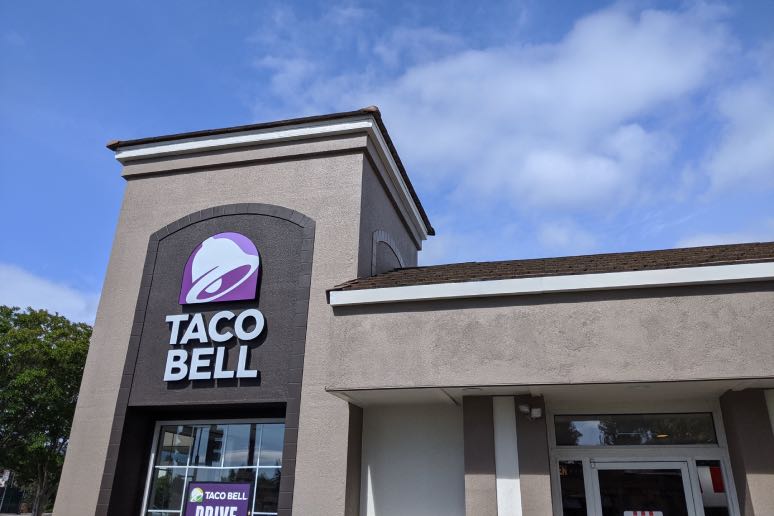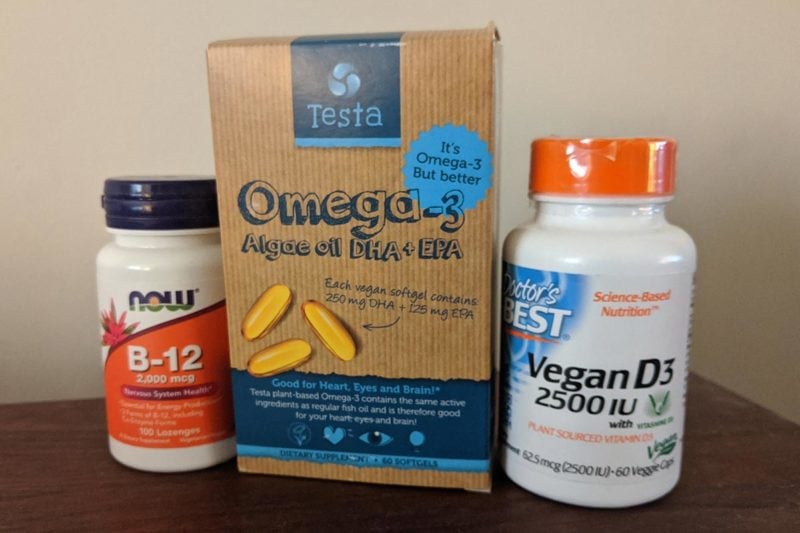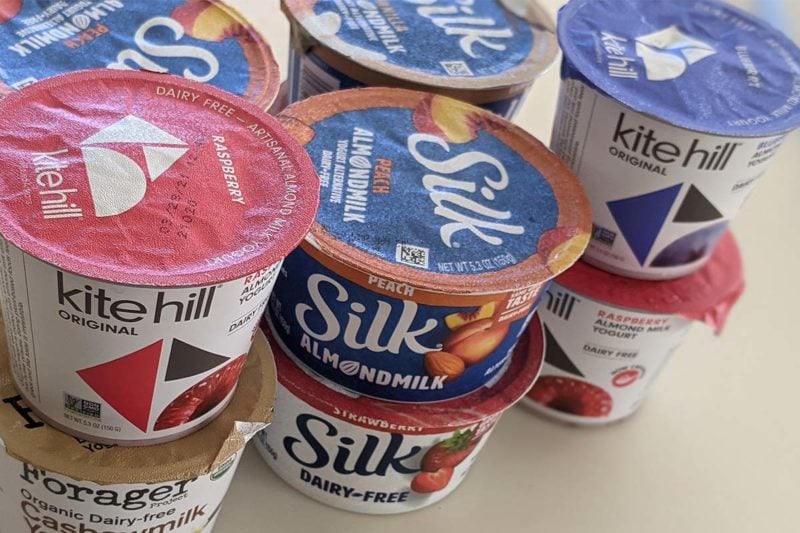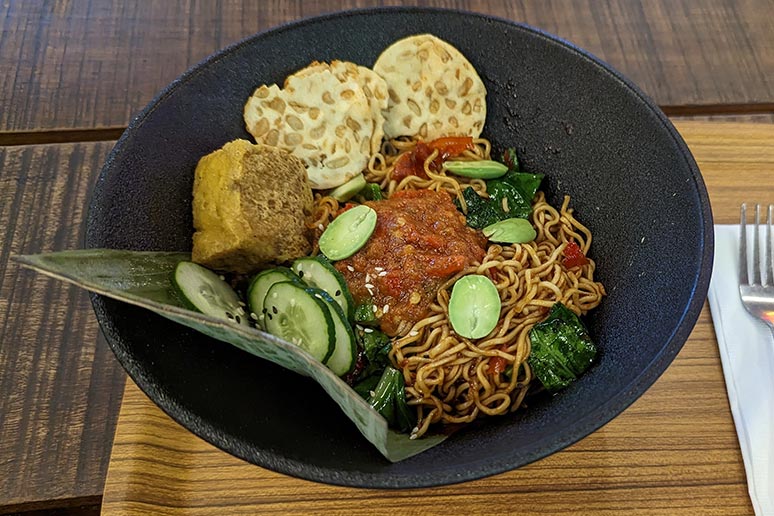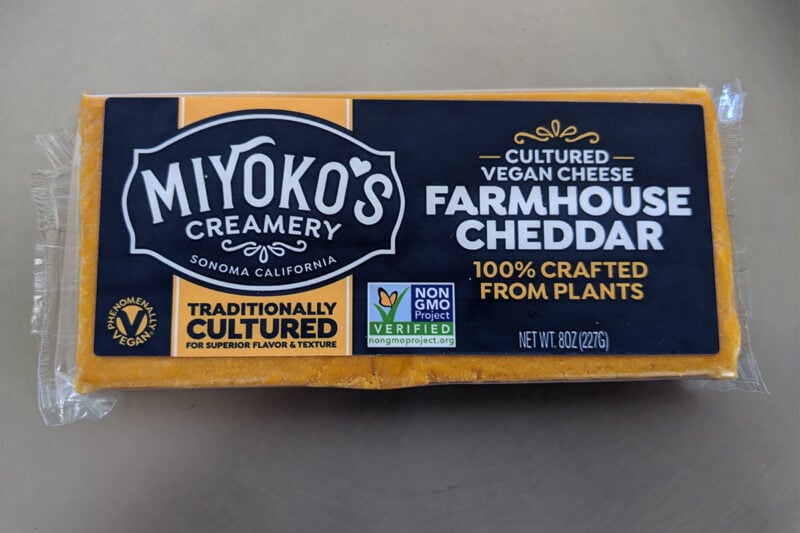Why not make the switch to vegan milk? It’s tastier, cruelty-free, and better for the planet.
Vegan milks are made from a wide assortment of beans, nuts, seeds, and grains. The most popular varieties are soy milk, almond milk, and oat milk. Other popular brands are made from coconuts, peas, cashews, hazelnuts, or rice.
Not so long ago, demand for vegan milks was tiny and only a few such products existed. But sales of non-dairy milks have exploded in recent years. As we’re about to see, dairy production causes a great many problems. So it’s exciting to see vegan milks gaining ground at the dairy industry’s expense.
Why Choose Vegan Milk?
What terrifies the dairy industry is that they’ve got no way to fairly compete, since vegan milks are a better choice on every front. They consistently taste better than cows’ milk. Production costs are much lower since there’s no need to breed and house animals nor dispose of their waste. And unlike dairy milk, most vegan milks are low in saturated fat yet still contain plenty of calcium and protein.
As a result, dairy industry lobbyists in both the USA and the European Union have sought to ban words like “milk,” “yogurt,” and “cheese,” from appearing on vegan dairy alternatives. Lawmakers in the EU have gone so far as to attempt to attempt to ban the use of milk cartons or yogurt-style containers for vegan dairy alternatives.
Try a few vegan brands of vegan milk and you’ll likely be impressed by the flavor. You can find these milks in chocolate, vanilla, plain, and unsweetened varieties.
There are a number of excellent reasons to choose vegan milk over cows’ milk:
- Most milk comes from cruel factory farms, produced from miserable animals kept under extreme confinement.
- Even at dairies that reliably offer good animal welfare, the cows are inevitably sent to slaughter.
- Milk is full of lactose, a form of sugar that is poorly digested by most people of Asian and African descent.
- People who stop drinking milk often report that nasal ongestion, acne, and digestive problems spontaneously resolve.
- The dairy industry is a major source of methane, a greenhouse gas seven times more potent than carbon dioxide.
With all these factors taken into consideration, it’s no wonder that vegan milk sales continue to rapidly increase while cows’ milk sales are in steady decline.
The Rise of Vegan Milk in Paper Cartons
In the 1990s, vegan milks were such a tiny niche market that they were sold only in shelf-stable aseptic juice boxes. But over time, increasing sales made switching to conventional paper milk cartons commercially viable. With this packaging change, vegan milks for the first time appeared side-by-side with cows’ milk in the refrigerated dairy case. Predictably, this positioning drove already surging sales even higher. Most supermarkets now carry several brands of vegan milk, and a good natural foods store will carry a dozen or more varieties.
Brands sold in aseptic packaging remain available, and it’s sensible to keep a few boxes in your pantry for camping trips, power outages, and disaster preparedness. Aseptically packaged vegan milk typically keeps for more than a year, but once opened it should be refrigerated and finished within about a week.
For everyday use, it makes sense to purchase brands sold in the refrigerated milk cartons since the packaging is less wasteful and the cost is lower.
Nutrition
Countless varieties of vegan milk exist, and nutrition varies drastically from one product to the next. Some brands are incredibly nutritious, while others are hardly better for you than sugar water. The three most important nutrients to consider are protein, sugar, and calcium. Additionally, Vitamin D and iodine deserve a mention. Let’s take a look at each of these nutrients.
Protein
Soy milks contain more protein than most other vegan milks—many soy milk brands offer nearly a gram of protein per ounce. Other vegan milks can contain shockingly little protein. Even though almonds are protein-rich nut, most almond milk brands provide only tiny amounts of protein. For instance, soy milks typically contain around seven grams of protein per serving, compared to around one gram provided by most almond milks. Coconut milks usually have even less protein than almond milk—so little that you might as well consider them protein-free.
While soy milk offers an impressive nutrition profile, a product called Ripple, which is made from organically grown peas, is even better. In fact, Ripple’s unsweetened variety is probably the most nutritious choice of any widely-distributed vegan milk. The product has a bit more protein than does soy milk and 50 percent more calcium than cows’ milk. Ripple is also vitamin D fortified, and each serving contains omega 3s along with 32 milligrams of DHA.
Many vegans fall short of consuming optimal amounts of protein. So if you wish to boost your protein intake, purchase a brand that delivers at least five grams per serving. Just check the product’s nutrition label for this information.
Sugar
Thanks to the processed foods industry adding sugar to practically everything, most people’s taste preference skews to the sweet side. And since the sugar in vegan milk is invisible, you’ll have no idea how much sugar you’re actually consuming unless you check the nutrition label. It turns out that a half gallon of Silk’s vanilla-flavored soy milk has almost as much sugar as three full-sized Snickers bars (72 grams vs 84 grams.) By contrast, Silk’s unsweetened variety has only eight grams of sugar per half gallon.
Choosing unsweetened vegan milks will also save you a lot of calories. For instance, Silk’s “Original” soy milk contains 110 calories per serving, whereas the company’s unsweetened organic variety has just 80 calories.
It’s worth cultivating a taste for unsweetened vegan milk. You may be surprised by how quickly your preferences change once you start drinking it. Most vegan milks are made from ingredients that naturally have pleasing flavors, and added sugars don’t really improve the taste. Try switching to unsweetened for a few weeks and you’ll likely never go back.
Calcium, Vitamin D, and Iodine
Most brands of vegan milk contain at least as much calcium as cow’s milk. This calcium usually comes from ground-up limestone,which is chemically pure and well-absorbed. It’s wise to choose a brand that contains at least 300 milligrams of calcium per serving. U.S. nutrition labels usually don’t list milligrams of calcium per serving. But if your vegan milk contains 300 milligrams of calcium per serving, the label will indicate 30% of the calcium RDA.
If you drink milk often, it’s probably supplying much of your Vitamin D and iodine. Raw unprocessed milk contains neither of these nutrients. So it’s certainly not cheating to cover your needs through supplements if you ditch dairy.
In the United States, regulations require that cow’s milk receive heavier Vitamin D fortification than what’s permitted for vegan milk. So, if you’re cutting milk from your diet, consider taking a Vitamin D supplement. Iodine is likewise an essential nutrient. Ignoring iodine intake is risky since deficiency causes goiters. If you regularly use iodized salt or if you take a daily multivitamin, your iodine needs should be covered. Eating seaweed regularly is also a good idea, since it’s one of the few foods that is naturally rich in iodine.
Homemade Vegan Milk Possibilities
If you like nut milks, try making your own. All you need is a good blender and a fine-mesh strainer or some cheesecloth.
Nothing could be easier to make. Try five parts water to one part cashews, blanched almonds, or hemp seeds. Add a few drops of vanilla or some cocoa powder, and then perhaps some sweetener. With a little experimentation, you’ll come up with a recipe that’s tastier (and much cheaper) than commercial brands.
The great thing about homemade nut milks is that you can use virtually any kind of nut. This lets you easily create a variety of delicious concoctions unlike anything produced commercially. Hazelnuts and Brazil nuts both impart terrific flavors to nut milk. Add some cocoa if you want to make something chocolaty.
If you own a Blendtec or a Vitamix blender, this is your golden opportunity to put it to use since these industrial strength blenders can liquefy anything and everything. Also consider purchasing a nut milk bag (here’s one on Amazon), so you can squeeze out the pulp. Never throw this pulp away, as it’s nutrient-rich and can be cultured into a fantastic vegan cheese. To explore vegan cheese making, pick up a copy of This Cheese is Nuts by Julie Piatt or One Hour Dairy-Free Cheese by Claudia Lucero.
Making Soy Milk from Scratch
What about homemade soy milk? It’s cheap and fairly easy to make, but you might not like the results. For an explanation of why you should probably stick to making nut milk, see my soy milk page.
Dairy-Free Foods
Discovering a vegan milk you enjoy may inspire you to try out other dairy-free foods. There are excellent vegan alternatives to every popular dairy product you can think of, including: cheese, butter, cream cheese, yogurt, ice cream, and even coffee creamer. For more information, check out my page on vegan alternatives to popular non-vegan foods.
And if you’re looking for advice on shifting toward a totally dairy-free diet, I’ve written an extensive Dairy-Free Diet Guide to help you on your way.
Vegan Milk Brands
Here are some of the world’s top dairy-free milk brands.
USA/Canada
- BetterMoo(d): Moodrink
- Blue Diamond: Almond Breeze
- Eden Foods:Edensoy (Nine Varieties)
- NotCo: NotMilk
- Oatly: Oatmilk (Five Varieties)
- Pacific Foods: Non Dairy Beverages (Soy, Almond, and Coconut Varieties)
- Planet Oat: Oatmilk (Numerous varieties in both cartons & aseptic boxes)
- Ripple Foods: Ripple Dairy-Free (Pea-Based)
- Silk: Plant-Based Beverages (Soy, Nut, Almond, Oat “Oat Yeah”, and Coconut Varieties)
- So Delicious: Dairy-Free (Coconut)
- Trader Joe’s: Soy, Almond, and Coconut Varieties
- West Life: Soymilk
- Whole Foods Market: Soy Milk and Almond Milk
Australia/New Zealand
Japan
Here’s a terrific page listing all major brands of soy milk sold in Japan, including package photos for each. And here are four top brands that you can find in nearly every grocery:
- Sujahta
- Fukuren
- Midori
- Kikkoman


